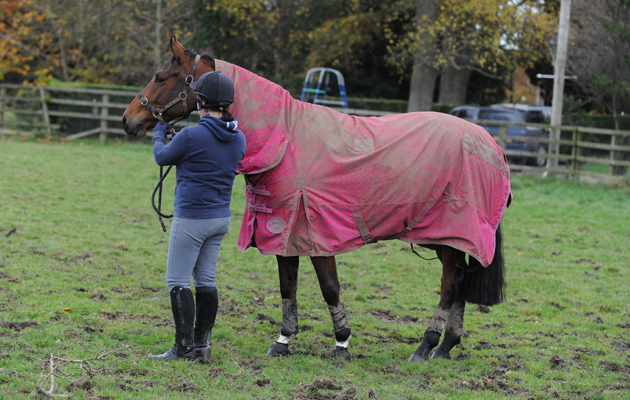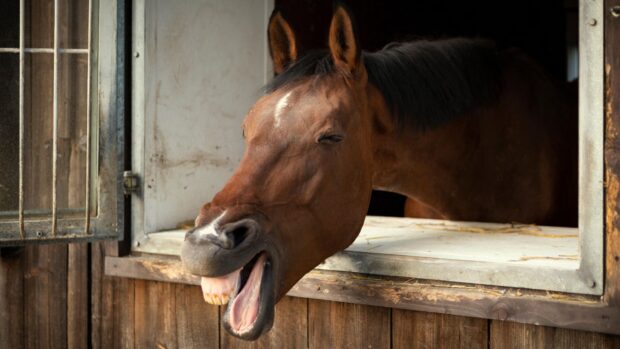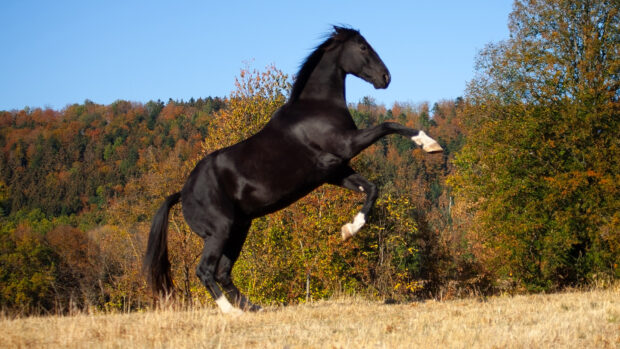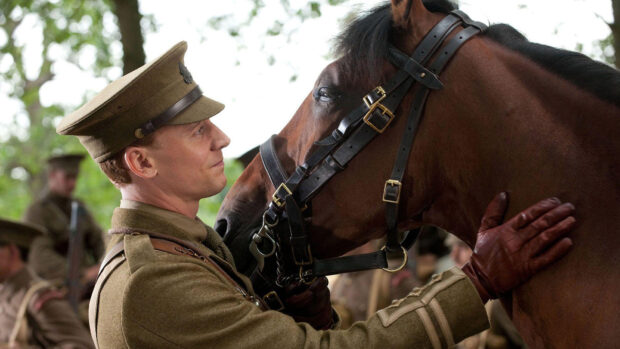The old saying that the front end bites and the back end kicks may be as true now as it ever was, but horses do have an uncanny way of rather taking over the lives of those who own them...
For those unfamiliar with the wonderful equine species, the horse is a typically kind-natured four-legged mammal that, for reasons best known to itself, allows humans to train it to allow a person to ride on its back and control its direction and speed (for some, or if you’re lucky, most of time).
In return for this, humans who have succumbed to the spell cast by the mystical equine beasts, will lavish extreme amounts of time and money on their horses, treating them to levels of care and support that is far in excess of what they give to themselves or their families.
It is not uncommon for the horse to have more extensive wardrobes than its owner, with shiny new shoes typically provided every six weeks, while their owner’s clothes may be full of holes and their boot soles hanging off.
Frequent visits by the equine’s private doctor, dentist, physio, chiropractor and sports massage specialist are all par for the course. Meanwhile the owner deals with their aches and pains by popping a couple of paracetamol and enjoying a strong G&T.
Horses evolved to live in herds and survived for thousands of years prior to domestication by applying a ‘run first, think later’ mentality to most situations. This enabled them to survive marauding predators in their historic grassland homes.
Fast forward a few thousand years, and few have registered the fact they are no longer at risk of being eaten (in the UK at least) by savage beasts, and so the flight response continues to be applied whenever they are ‘spooked’.
Things that can cause the horse to be spooked vary widely, which certainly keeps those around them on their toes.
Article continues below…
You might also be interested in:

7 injuries only a true horse person would understand
If you’re not sporting at least two of these horse-related injuries at any one time, you’re simply not trying hard
While horses will lie down to sleep when they are in an environment where they feel safe, they are also able to doze while standing thanks to a special locking mechanism in their legs. This allows them to make a quick getaway at any point should the need arise.
To clear up another common topic of confusion, young horses are called foals, and they get to their feet very quickly after birth, both so they can sup at their mother’s milk bar and so they can leg it alongside her should the need arise.
To complicate matters further, not all small horses are foals. Horses that are smaller than 148cm when measured from the ground to the top of the shoulder (withers) when fully grown can be correctly called ponies… unless they are really small, in which case they may be a miniature horse (but never a miniature pony).
Confused? Welcome to the wonderful world of the horse…
For all the latest news analysis, competition reports, interviews, features and much more, don’t miss Horse & Hound magazine, on sale every Thursday.




